Gender inequality
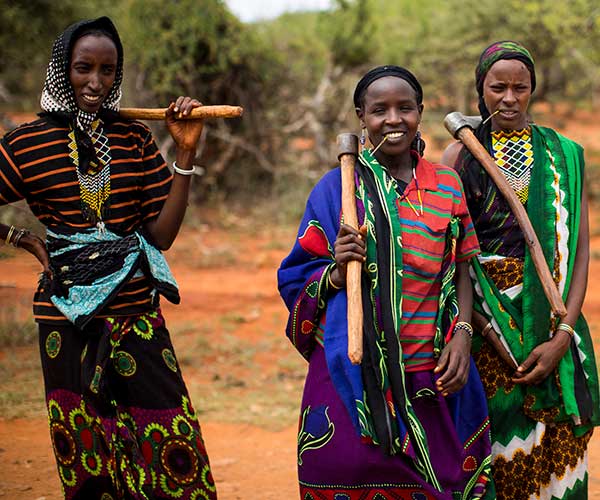
Hunger affects everyone differently. But around the world, women and girls are most at risk of becoming malnourished.
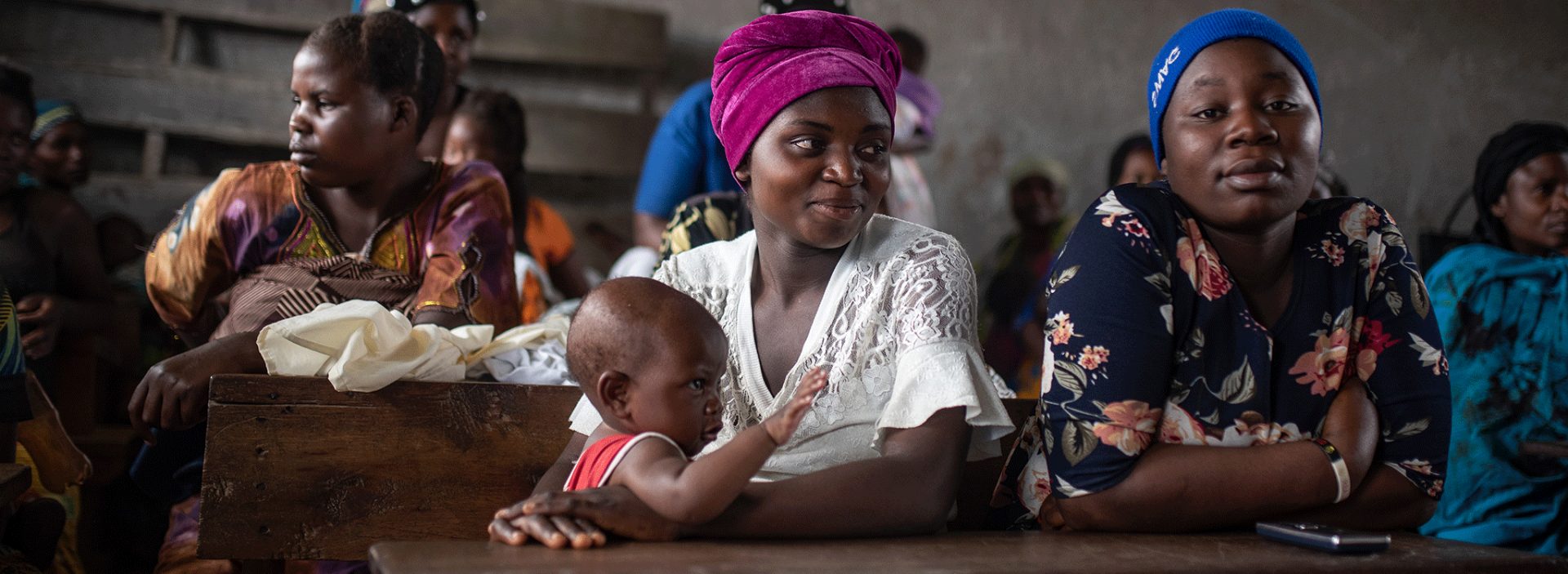
Mental health care is a key part of tackling world hunger. Explore how our mental health services and nutrition aid is supporting communities experiencing crisis.
Extreme hunger, conflict and climate-related disasters can have a huge impact on people’s mental health. And people with poor mental health have less access to the healthy, nutritious food they need to thrive.
We’re focusing on mental health care, psychosocial support and nutrition services for women, children and families affected by trauma.
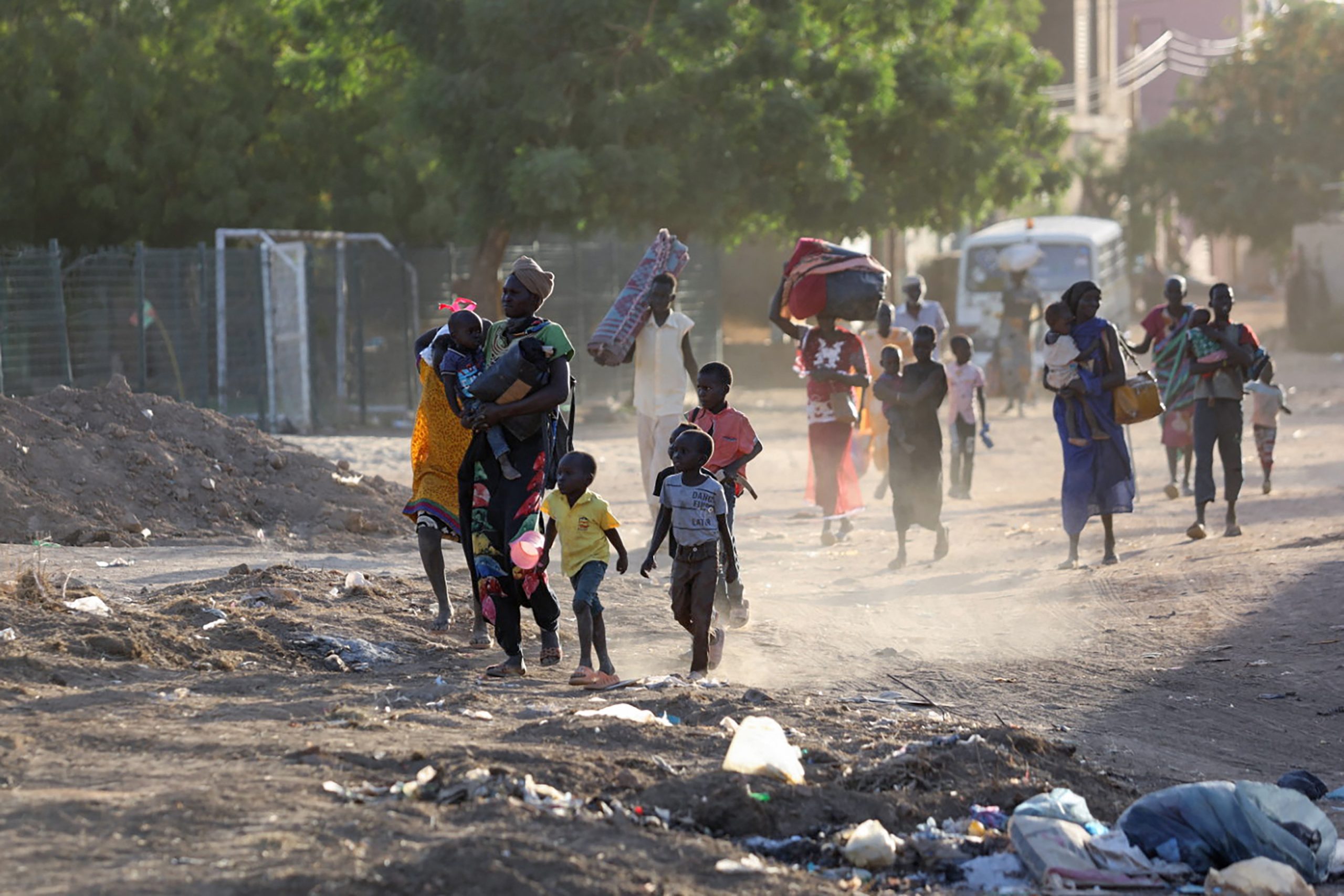
Families flee their homes amid conflict and violence in Khartoum in Sudan. (Photo by AFP)
Around 142 million children live in conflict zones. Nearly one-fifth of people affected by conflict will need mental health support. And, 1 in 20 of those will develop a severe mental health disorder.
Mental health is a global issue. Take the example of the persecuted Rohingya community. Following violence in Myanmar in the summer of 2017, a huge number of Rohingya refugees crossed the border into Bangladesh. Today, nearly 1 million people are still living in dreadful, cramped conditions in Cox’s Bazar. This is having a terrible impact on their mental health.
And in Yemen and Syria, fighting has made the already difficult humanitarian crises worse. Living with daily conflict is impacting people’s mental healthy every day.
In conflict-scarred regions or in emergencies, like the earthquake in Syria it’s vital that mental health care services give people the best chance to rebuild their lives, find work, earn a living and support their families.
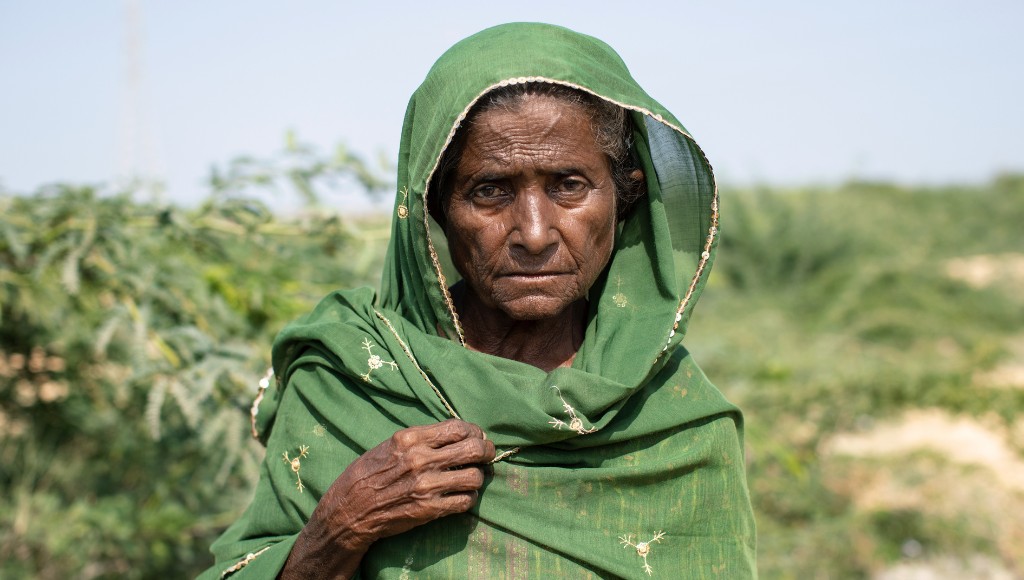
Mental health work is part of our fight against hunger. It makes sense. Imagine the life of a mother living in poverty. Every single day is a constant battle to feed her children and keep herself healthy.
Walking miles on end to find and carry water. Fleeing conflict with only the clothes she’s wearing and the children in her arms. How can a mother in these circumstances have the energy to look after herself, let alone care for her children?
Maternal mental health also plays a vital role in child health and development.
Research shows that maternal depression often leads to low child immunisation rates, reduced hospital visits and a decrease in breastfeeding. These, in turn, result in higher rates of child illness and malnutrition and badly hold back a child’s normal development.
Poor maternal mental health, particularly maternal depression, can contribute to children being underweight and stunted. And, compared to other children, infants of mothers with poor mental health have been found to have poorer physical, emotional, and mental skills.

Karine Le Roche, mental health expert for Action Against Hunger, tells us why supporting mothers' mental health is key to a child's cognitive development and their recovery from severe acute malnutrition.
We know that good mental health is vital to tackling life-threatening hunger. That’s why we focus hard on mental health care and psychosocial support as well as nutrition.
In our Baby Friendly Spaces, we help pregnant and breastfeeding women and their children in emergency situations. We also use these infant and young child feeding centres to provide psychosocial help to mothers and children.
Our trained mental healthcare staff:
We provide welcoming spaces giving people a safe place away from the angst and conflict of a refugee camp. A place to relax and spend time with their children, to breastfeed comfortably and privately, and to get safe drinking water and handwashing facilities.
Our colleagues can also refer people to other specialist agencies for help – for vaccinations and antenatal care, for example.
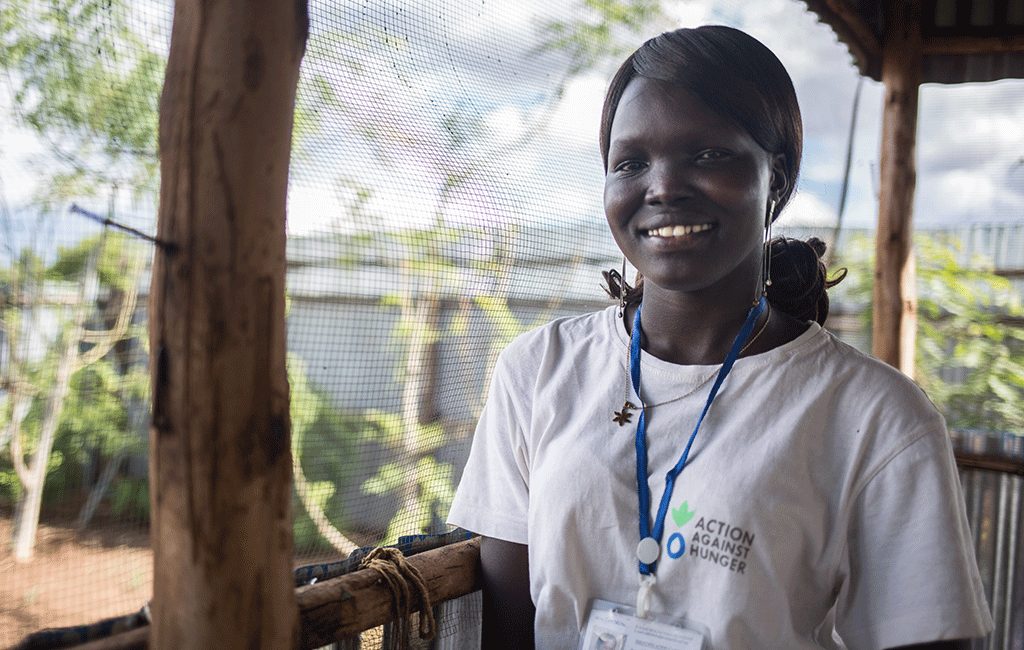
Mary, is a psychosocial worker for Action Against Hunger in Gambella, Ethiopia.
Part of Mary’s work is running group discussions with mothers at the Baby Friendly Spaces programme. She shares key messages on care practices and holds individual counselling sessions with the mothers who need it most.
So far almost 20,000 women and their children have benefited from our mental health support programmes in the region.
Our psychologists reach out to the community beyond the walls of their clinics. Taking mental healthcare to people helps break down barriers and is a way to catch people who are missed or hidden. It lowers the bar to making contact – vital when people are depressed and withdrawn or worried about stigma.
Our outreach teams provide group and individual therapy sessions, organise mental health awareness campaigns in the community and train teachers and community leaders on psychological first aid and mental health.
By addressing people’s mental health, we can help their physical wellbeing as well. And mental health support is fundamental to tackling malnutrition.

Hunger affects everyone differently. But around the world, women and girls are most at risk of becoming malnourished.
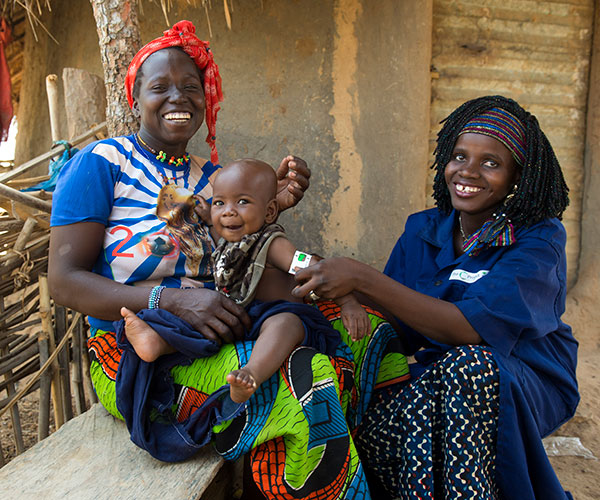
Life-threatening hunger is affecting millions of people around the world. Discover how we're fighting malnutrition - and saving lives.
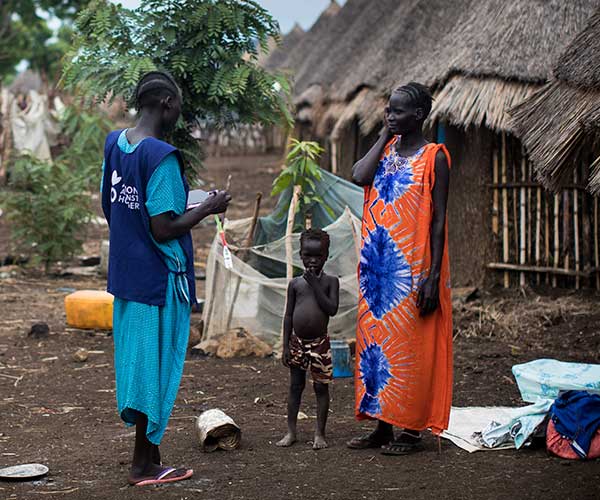
Most people facing hunger and malnutrition in the world today can be found in countries affected by conflict.
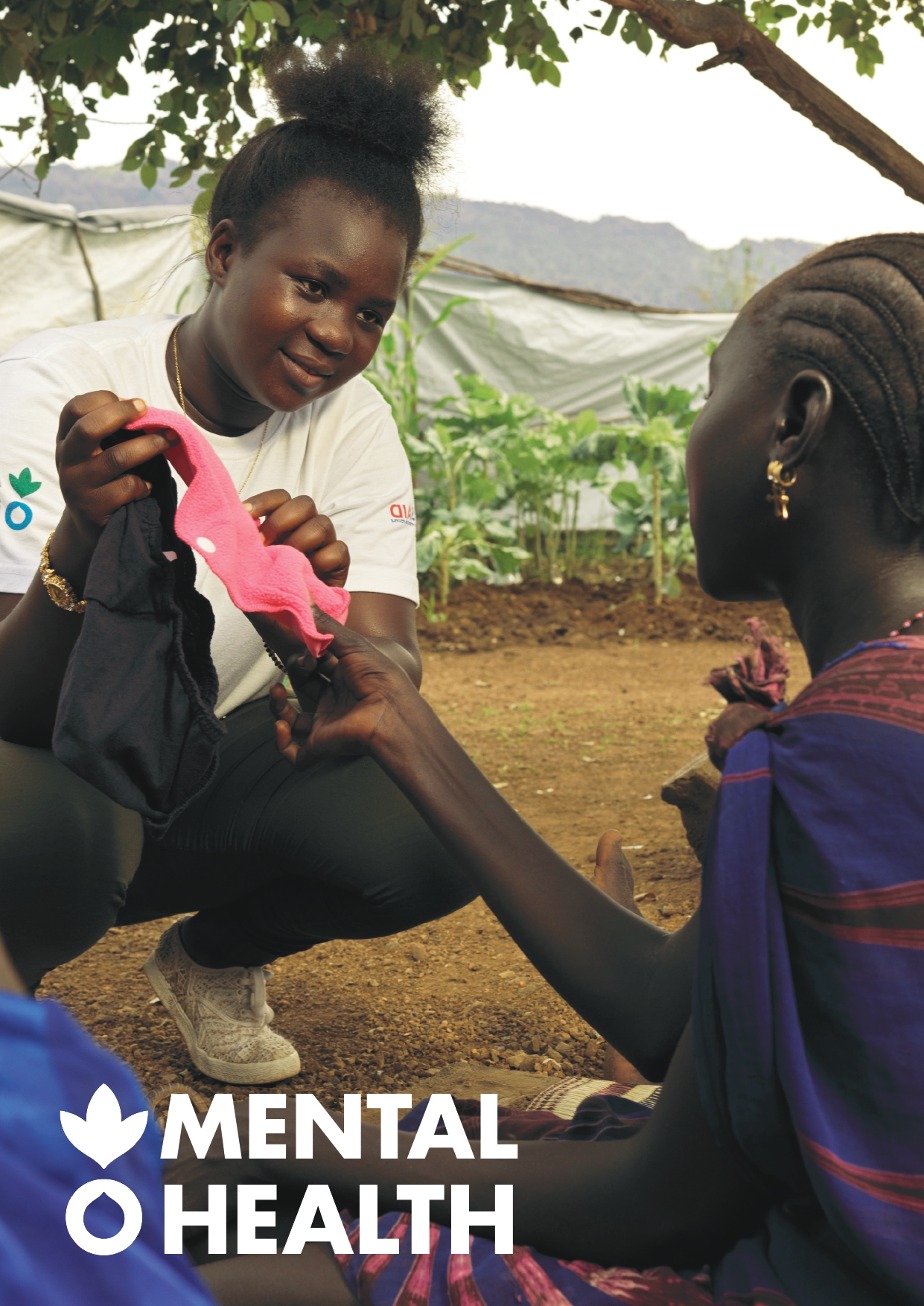
Hunger, conflict and natural disasters can have a huge impact on someone’s mental health. This proposition paper outlines the devastating effects of this and what Action Against Hunger is doing to combat it.
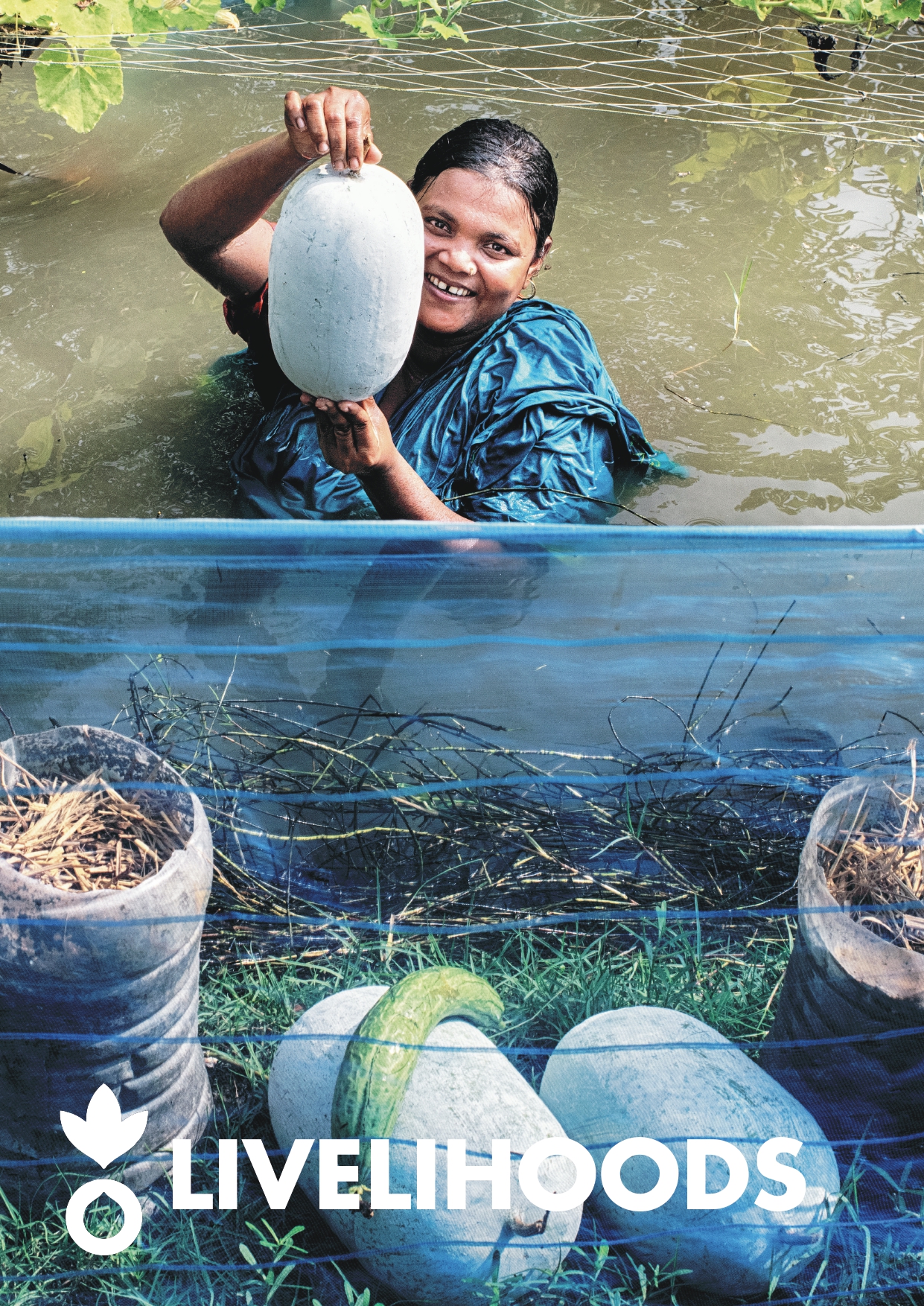
Even though the world produces enough food to feed the entire population, four out of ten people across the globe can’t afford a healthy diet. This proposition paper outlines the impact of food insecurity on more than 2 billion people worldwide and what Action Against Hunger is doing to combat it.